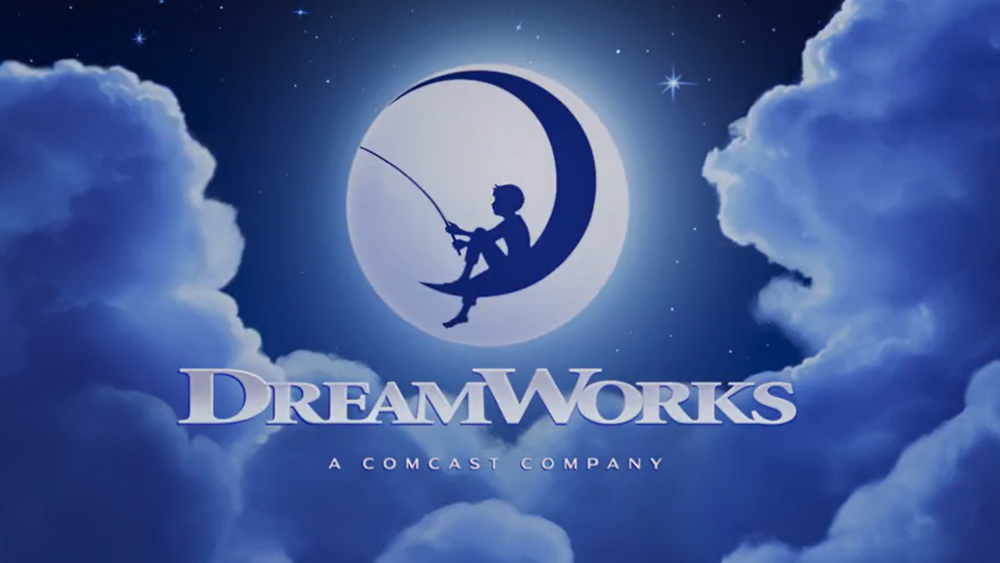Disney
DreamWorks executives explain why their films aren’t popular

DreamWorks executives have recently put forth an intriguing yet somewhat bewildering explanation for the underwhelming performance of some of their notable films, including Penguins of Madagascar, Mr. Peabody & Sherman, and Turbo. Their reasoning, shared during a discussion with an analyst from the investment firm Stifel Nicolaus, suggests that the decline in box office revenue during the 2012 to 2014 period can be attributed to their films being perceived as too adult-oriented for the target audience. This supposed shift in audience preference, wherein animated films were increasingly favored by very young children, posed a significant setback for DreamWorks, known for its sophisticated and nuanced storytelling style that often appealed to a broader age group.
During this same period, other major studios seemed unaffected by the purported shift, with some even achieving record-breaking success with films that weren’t necessarily tailored for a younger demographic. Disney’s Frozen, for instance, garnered unprecedented success, captivating audiences of various ages, while Illumination’s Despicable Me 2 and Pixar’s Monsters University similarly resonated with viewers beyond just the youngest demographic. Furthermore, Warner Bros.’ The Lego Movie also found widespread appeal, challenging the notion that animated films were exclusively attracting younger audiences during that time.
The revelation by DreamWorks executives about the perceived misalignment between their film offerings and the evolving preferences of moviegoers led to an adjusted approach in their content production. The studio resolved to pivot toward a “younger skewing slate,” essentially aiming to create projects that would be more attuned to the evolving dynamics of the box office market. While this shift in strategy seemed convincing to the analyst, who subsequently upgraded DreamWorks’s stock, it has also sparked debates within the entertainment industry.

Critics and observers familiar with the trajectory of animated films over the years have pointed out the paradoxical nature of DreamWorks’s decision, considering that the genre has expanded its appeal to encompass not only children but also teenagers and adults. DreamWorks, known for its earlier contributions in broadening the perception of animated features, appears to be betting against its own history by targeting a narrower, younger audience. As the studio recalibrates its approach, the industry remains curious about the potential implications of this new strategy and whether it will succeed in reinvigorating DreamWorks’ position in the animated film landscape.
We bring out some of the most well-known Disney collection, all of which are available at reasonable costs. Visit our link now if you are interested in the Disney collection


Merida, Elsa, Anna, Moana, Alice
